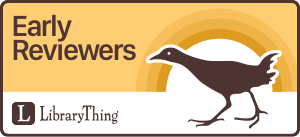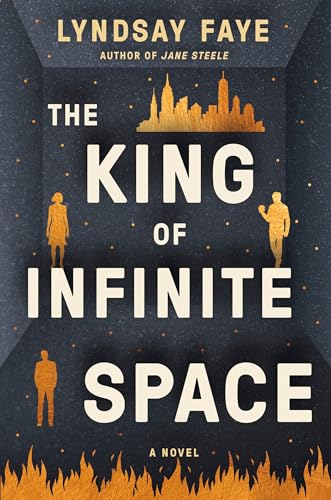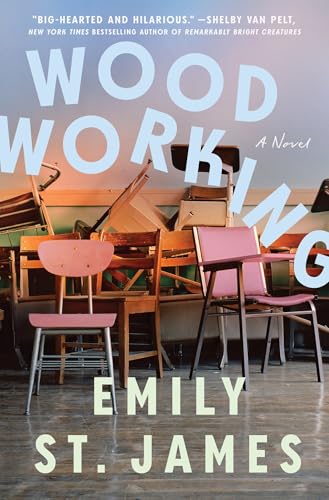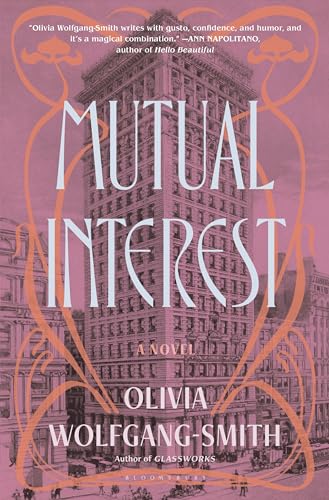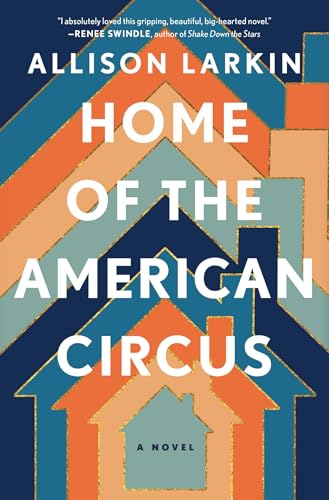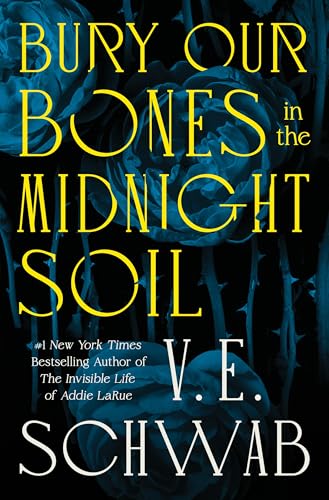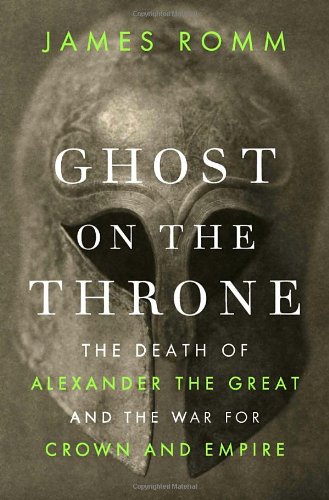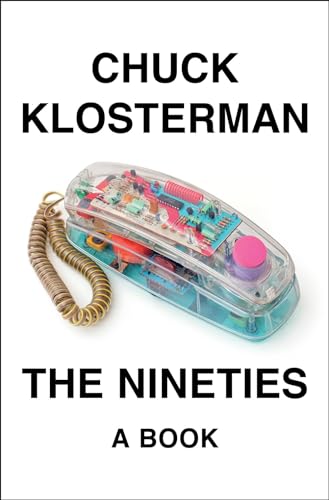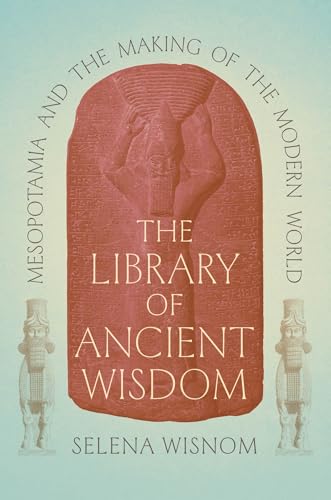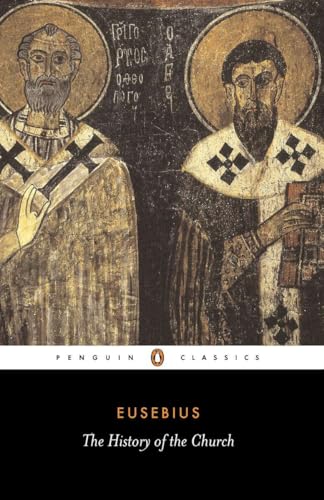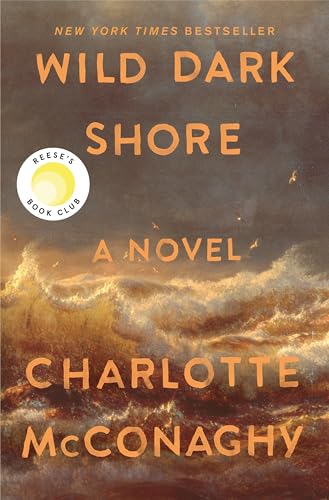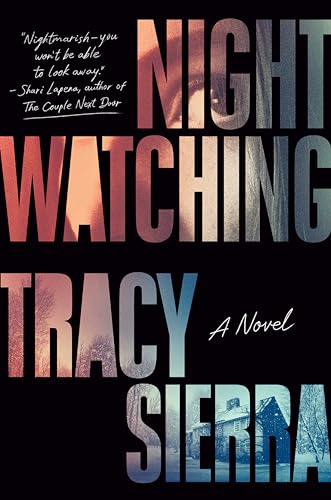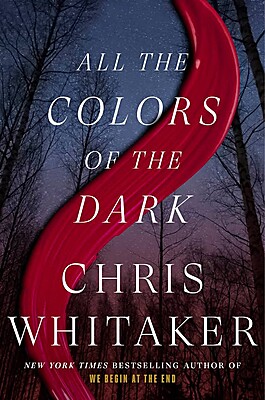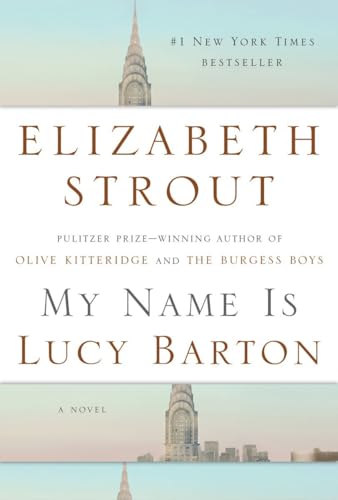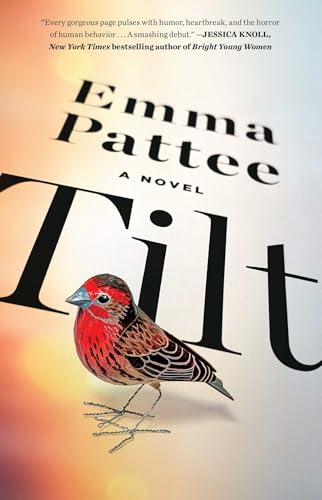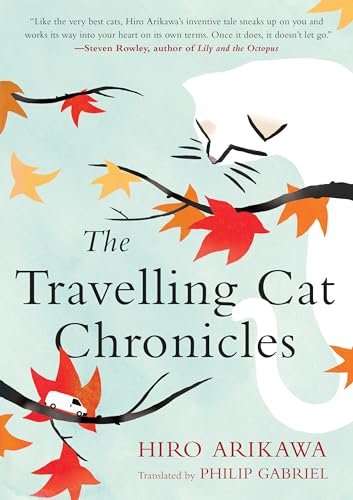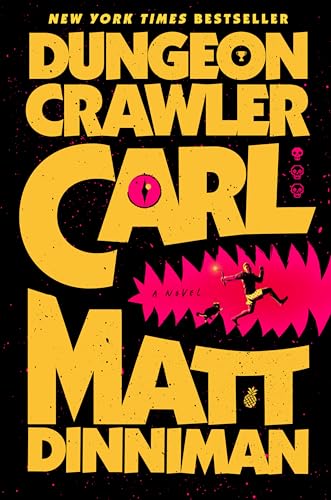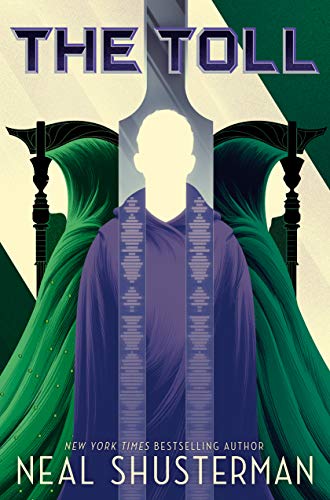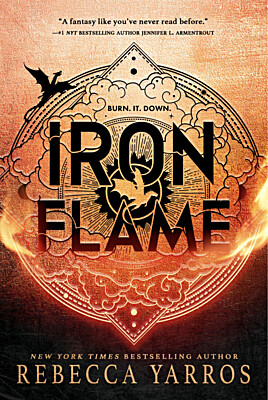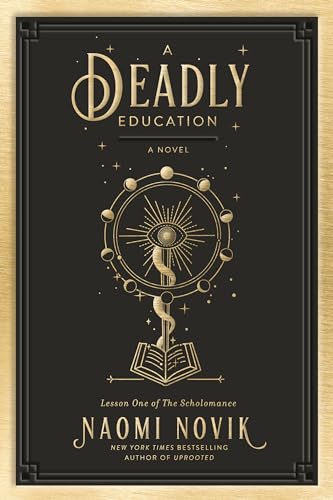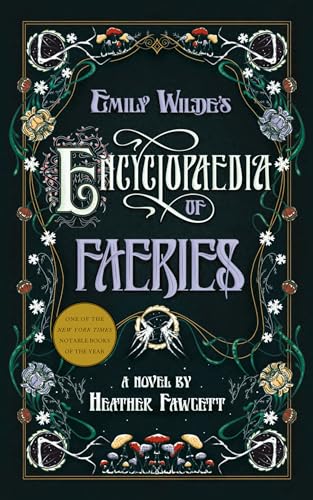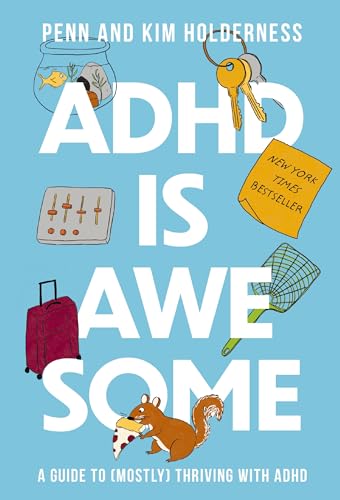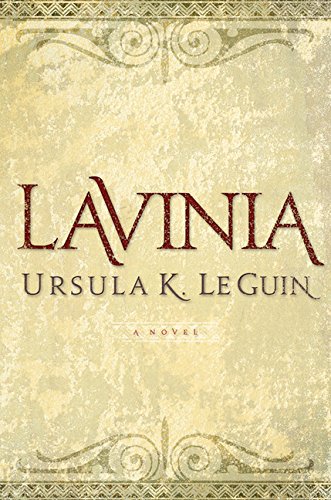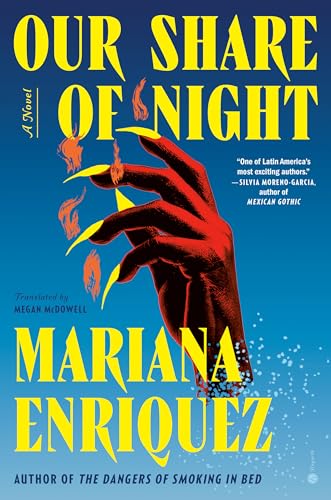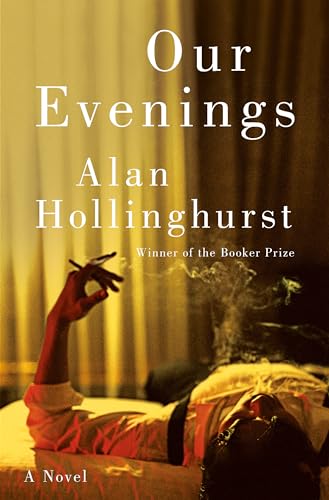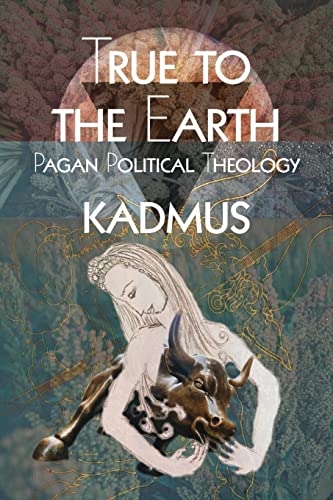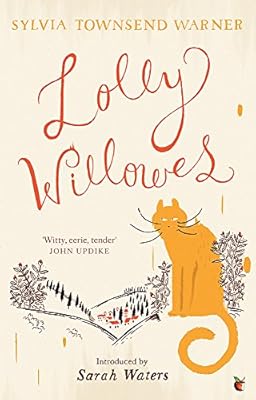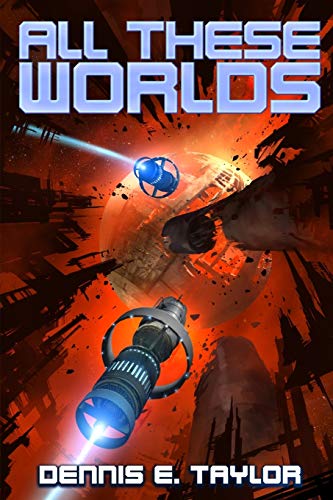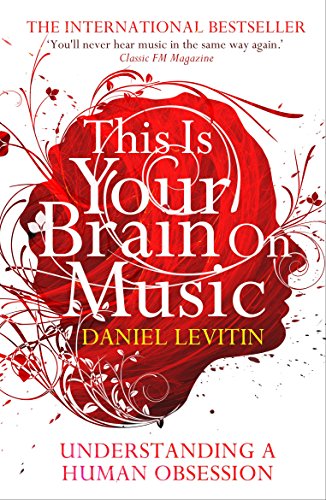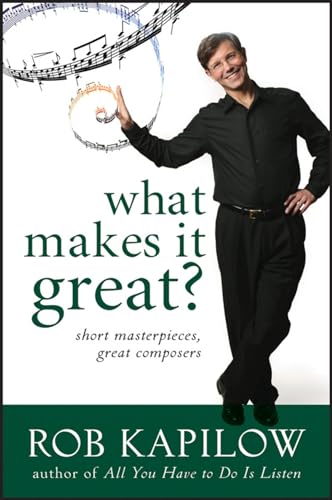
LibraryThing is pleased to sit down this month with Kelly Scarborough, who makes her authorial debut this month with Butterfly Games, a historical novel set in the Swedish royal court during the early 19th century. After working for two decades as a law firm partner and white-collar prosecutor, Scarborough returned to her interest in historical fiction and her love of writing, determined to tell stories about fascinating women who lived through challenging times. Scarborough sat down with Abigail this month to discuss her new book, due out later this month from She Writes Press.
Butterfly Games is based on a true story, and its heroine, Jacquette Gyldenstolpe, on a real person. Tell us a little bit about that story and how you discovered it. What made you feel that it needed to be retold?
Like so many turning points in my life, Butterfly Games began with a book. As a teenager, I fell in love with Désirée, Annemarie Selinko’s novel about Désirée Clary—the silk merchant’s daughter who was once engaged to Napoleon and later became Queen of Sweden. I read it over and over, fascinated by how a woman could be swept into history by forces she never chose.
Years later, during a difficult period in my life, that novel came back to me. I began researching Désirée’s descendants—the Bernadotte dynasty, which still reigns in Sweden today—and uncovered a world of political upheaval, fragile alliances, and private heartbreak. That’s when I stumbled across Jacquette Gyldenstolpe.
Jacquette appears in the historical record mostly as a scandal: a young countess who fell in love with Prince Oscar, the heir to the throne. But the more I read—letters, memoirs, court gossip—the more I realized how much of her story had been left untold. She wasn’t just a footnote in someone else’s rise to power. She was a young woman navigating impossible choices in a world where love could threaten a dynasty.
Once I found her, I couldn’t look away. I knew her story needed to be retold.
What kind of research did you need to do, while writing the book, and what were some of the most interesting things you learned in that process?
Can you see me smiling? I don’t think I’m capable of separating the research I needed to do from the research that simply called to me and took over my brain.
Over the course of several years, I spent more than eighty nights in Sweden, translated hundreds of handwritten letters, and built a chronology with more than five thousand entries to track who was where, with whom, and why. Jacquette’s world became a place I loved to inhabit. One day stands out above all others. I was granted special access to Finspång Castle, Jacquette’s childhood home—now a corporate headquarters, a place closed to the public. No photographs were allowed, so I took frantic notes on my phone as we walked through the women’s wing. In a sitting room, I noticed a small mother-of-pearl nécessaire—a sewing and writing box with tiny compartments for her most personal objects. It stopped me cold. My guide, a retired corporate executive who knew the house intimately, leaned in and whispered, “Jacquette’s.”
The box had been a gift from Jacquette’s husband, Carl Löwenhielm. That moment—imagining her hands opening it, choosing a needle or a quill knife—changed the direction of the book.
Suddenly, Jacquette wasn’t a scandal or a symbol. She was real.
Your book has been described as a good fit for admirers of Philippa Gregory and Allison Pataki. Did the work of these authors, or others, influence you when writing your story?
Absolutely—though in different ways. Philippa Gregory is a master of taking a story with a known, often tragic ending and making it feel suspenseful and intimate. I admire how she builds emotional momentum even when readers think they know what’s coming. Two of my favorites are The Kingmaker’s Daughter and her most recent novel, Boleyn Traitor.
Allison Pataki has also been influential, particularly in how she blends rigorous research with accessible storytelling. I love the smart, resourceful heroines she creates from women who otherwise might be lost to history. Her work reminds me that historical fiction can be immersive without being intimidating—and romantic without losing its seriousness. Both my book clubs loved Finding Margaret Fuller, and I did, too.
You’ve had a full career as a lawyer and prosecutor, before turning to writing. How has that work informed your writing and storytelling?
Don’t get me wrong, I had a lot to learn before writing a novel, but some of the things I loved about law proved useful for writing historical fiction. Law trained me to think in terms of evidence, motive, and connections. When you’re preparing a case, you assemble fragments—documents, testimony, inconsistencies—and shape them into a coherent narrative that persuades a jury.
Writing historical fiction isn’t so different. The facts matter deeply, but facts alone don’t tell a story. You have to decide what belongs at the center, what remains in the background, and where the emotional truth lives. My legal background also made me comfortable sitting with ambiguity. History is full of unanswered questions, and I don’t feel the need to resolve every one neatly. Sometimes what’s most compelling is what can’t be proven.
Tell us a little bit about your writing process. Do you have a particular routine—a time and place you like to write, a particular method? Do you plot your stories out ahead of time, or discover how they will unfold as you go along?
When the stars align, I retreat early in the day to the attic office of my nineteenth-century house in Connecticut, take my Shih Tzu upstairs with me, and leave the modern world behind. I wrote Butterfly Games in nine drafts. There was an outline, but I changed the plot in significant ways as I went along. For the sequel, I’m trying to be a little more disciplined. I started with an outline—but found myself getting too granular—so I switched to ninety old-fashioned index cards. Each card holds one scene: chapter number, date, setting, point-of-view character, and the scene’s pivot point. There’s barely room left for anything else, which forces clarity. I transcribed those cards into Scrivener, and now I’m writing. We’ll see how closely I stick to the plan.
What comes next? Are you working on any additional books?
Yes. Butterfly Games is the first novel in a planned series. The second book picks up after the events of the first and follows Jacquette and Oscar into a far more dangerous phase of their lives—when love has consequences, secrets carry weight, and survival requires choices that can’t be undone.
Tell us about your library. What’s on your own shelves?
My physical library is filled mostly with historical fiction, especially novels with complex, non- linear structures. I return again and again to Hamnet and The Marriage Portrait, as well as The Time Traveler’s Wife and Pure.
On a special shelf, I keep books connected to Jacquette’s world—like Désirée and The Queen’s Fortune—alongside more than a hundred antique Swedish memoirs and histories, many written by people who actually knew Jacquette.
And for bedtime? A Kindle packed with historical romance by Sarah MacLean, Tessa Dare, and Lisa Kleypas.
What have you been reading lately, and what would you recommend to other readers?
For lovers of royal historical fiction, Boleyn Traitor is a must-read. I was also lucky enough to read an advance copy of It Girl, which I loved.
My favorite read last year was Broken Country—a deeply emotional novel with one of those intricate narrative structures that stays with you. In fact, I want to read it again.




